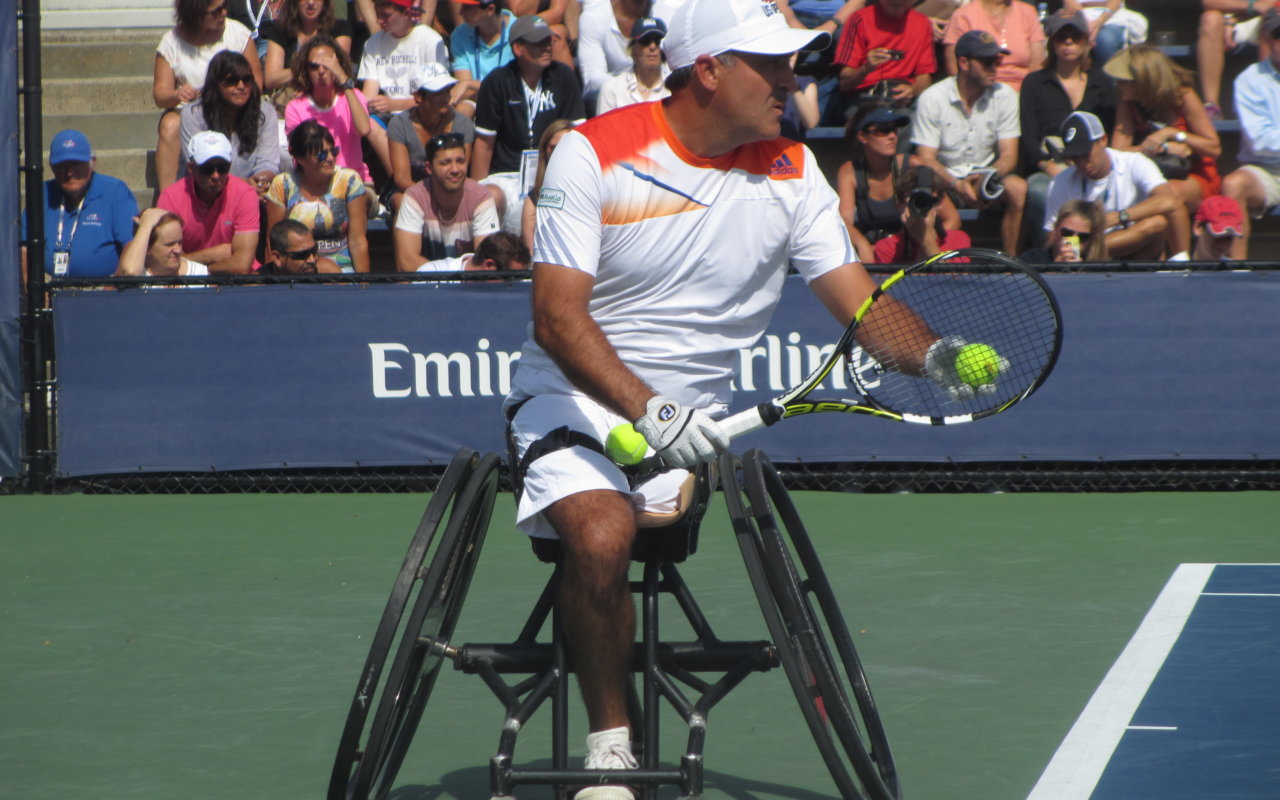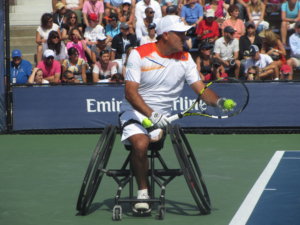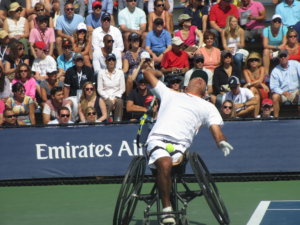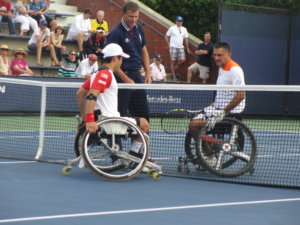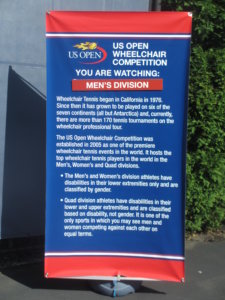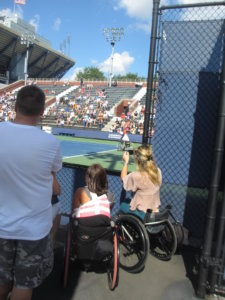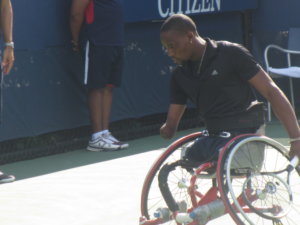One of my goals of this blog is to share some of the amazing people and resources I encounter on a daily basis in the disabilities inclusion space. These “fellow travelers” are involved in self-advocacy, program development, self-advocacy, camping, employment, accessible travel, and more.
Today, I had the privilege of speaking with members of the NeuroClastic team. The website, https://neuroclastic.com/, says in big letters “NEUROCLASTIC: Information about the autism spectrum from autistic people.” Tabs include “What is Autism,” “Justice,” “Living Life,” “Creative,” “About Us,” and “Donate.” There are thousands of blogposts, written by 300 contributors with—get this—3 million visitors!
The FAQs make it clear that, in almost all cases, contributors must be autistic: “Our primary purpose is to document the autistic experience through the lens and work of autistic individuals. For this reason, we primarily accept autistic contributors. At times, we will feature a parent, carer, advocate, activist, ally, professional, or a non-autistic neurodivergent person who has unique insight.”
Who better understands and can write about the autism experience than people with autism. Delver deeper under the “Justice” tab to find blogs about Ableism, Language and Change. Under the “Living Life” tab, read blogs filed under Education, Masking, Being Diagnosed, Mental Health and Trauma and More. I highly recommend spending an hour or more just exploring the site.
Here are a few names of blogs to draw you in:
https://neuroclastic.com/2019/04/24/ten-things-we-love-about-being-autistic/
https://neuroclastic.com/2020/05/20/how-to-get-your-workforce-excited-about-diversity-inclusion/
https://neuroclastic.com/2020/04/19/the-autistic-english-dictionary/
https://neuroclastic.com/2019/10/31/creative-50-shades-of-aba/
Speaking with Founder and CEO of NeuroClastic, Terra Vance, was a treat. Terra explained that name of the nonprofit comes from the words Neurodiversity and Iconoclastic. Combine them and you get…NeuroClastic! She is an industrial and organizational psychology consultant. Her passions are in the intersections of social justice, equality, literature, Truth, and science. She has written an impressive 68 blogs on the site. Check out her most recent post: https://neuroclastic.com/2020/06/01/i-will-not-be-rehoming-or-murdering-my-autistic-child-black-lives-matter-to-me/.
It is refreshing to meet people so driven and passionate and committed to a cause. Reading these amazing blogs are informative and offer an opportunity to learn about autism from the world’s best teachers on the subject—people with autism.










